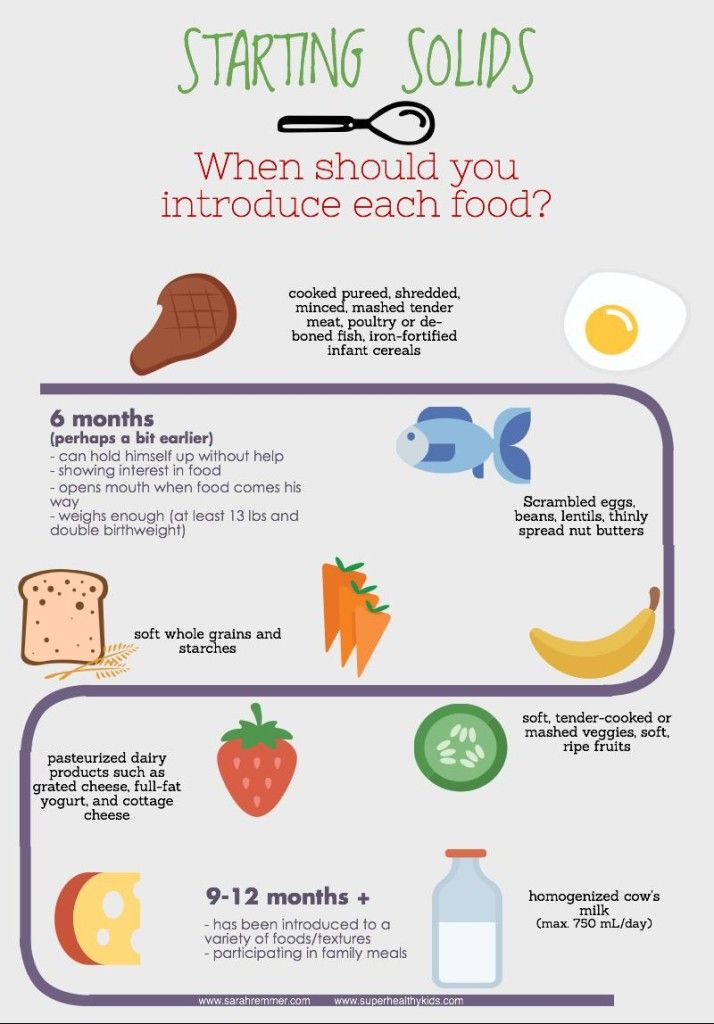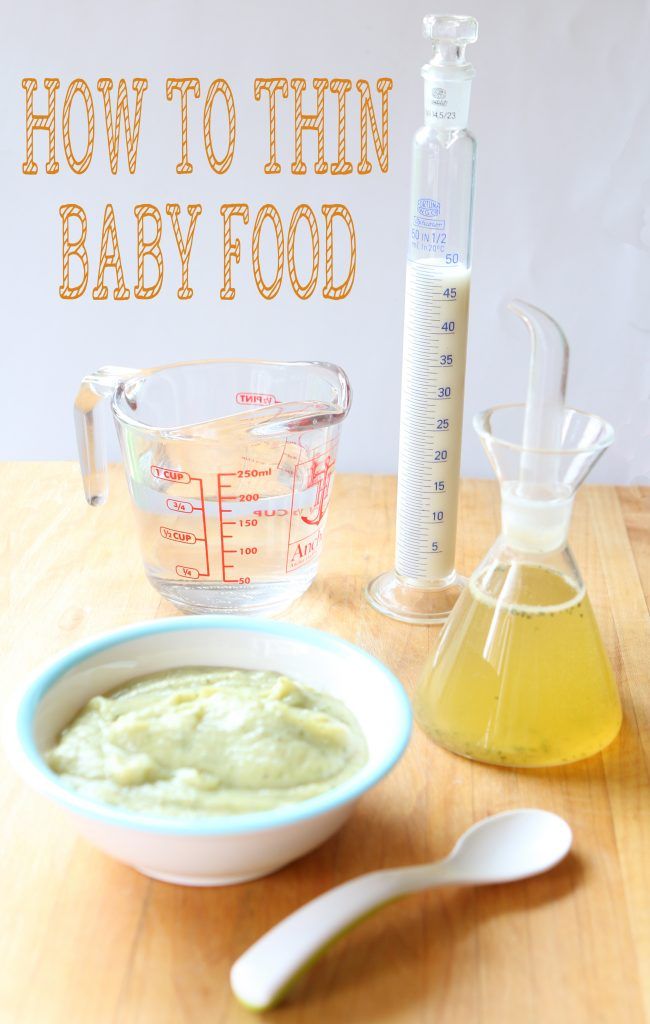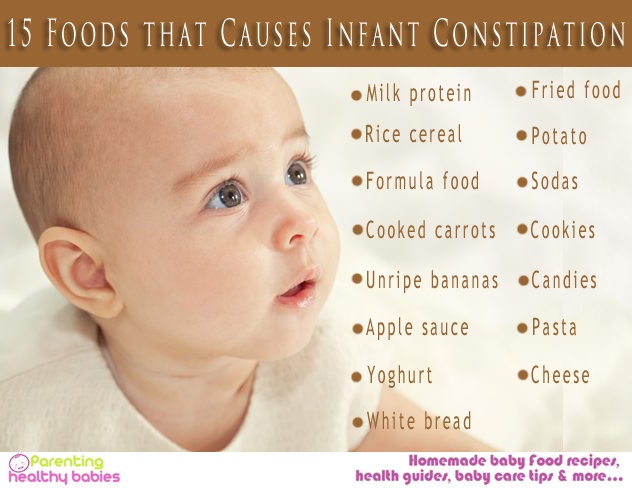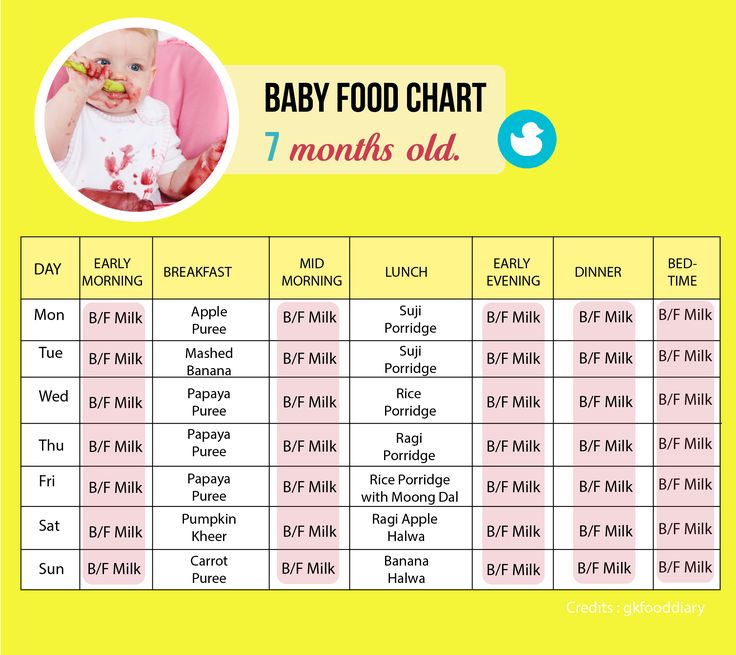Dangers of feeding baby solids too late
Risks of introducing solids too early or too late
The gradual addition of solid foods to your baby’s diet is an exciting transition for your baby and you. Eating solids is just one of the many steps your baby will take toward greater independence. Between 4 and 6 months of age, babies start to observe and mimic their parents’ or other caregivers’ eating habits—a sign that they’re getting ready to advance to complementary foods.
What experts say about when to introduce solids
Babies should be breastfed exclusively for about the first 6 months of life, according to trusted health authorities like the American Academy of Pediatrics (AAP). During that time, breast milk (or infant formula) provides all the calories and nutrients your baby needs.
Around 6 months, you can start introducing solids. Some babies may be ready for solid foods a bit sooner (4-6 months) and others a bit later (6-8 months). As with all milestones (sitting, eating solids, crawling, etc. ), parents are always urged to watch their baby, not the calendar.
Once your baby starts solids, the AAP recommends that breastfeeding continue for at least the first year of life, and beyond, as mutually desired by mother and baby. If your baby is drinking infant formula, she should continue doing so until about 12 months of age. (Consult your child's health care provider before transitioning to cow's milk, and remember, children under the age of 1 should not be given fruit juice.)
Why the timing of solid foods matters
Introducing solids too early or too late can make a difference. Introducing solids before 4 months of age can increase the risk of choking and cause your infant to drink less than the needed amount of breast milk.
But introducing solids too late can increase the risk of your child developing allergies. One study found that late introduction of solid foods (after 7 months of age) may actually increase the risk of food allergies, suggesting a window of opportunity when it comes to starting solids.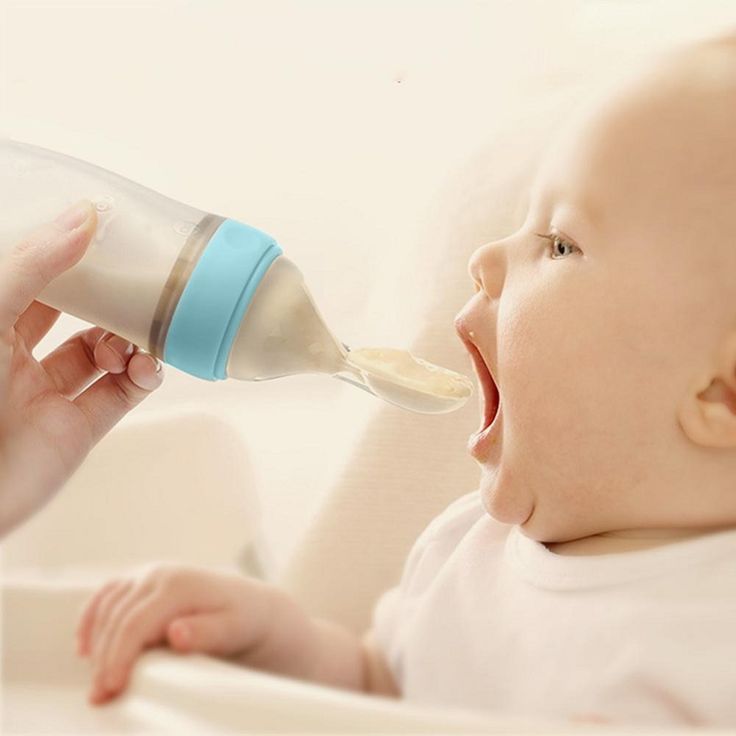 (A 2007 AAP report notes that breastfeeding is the best protection against allergic disease.)
(A 2007 AAP report notes that breastfeeding is the best protection against allergic disease.)
Why 6 months of age is ideal for beginning solids
Human milk provides all the nutrients (including iron) that babies need for about the first 6 months of life. Once the iron stored in your baby's liver during pregnancy is used up (at about 6 months of age), iron-rich foods such as meats or iron-fortified cereals need to be added to your baby’s diet. Around 6 months is also when most babies show signs that they are developmentally ready solid foods, so be sure to watch for the following:
- Your baby shows an interest in food others are eating.
- Your baby sits up with little or no support.
- Your baby holds her head up.
- Your baby picks up soft foods.
- Your baby puts those foods in her mouth.
- Your baby keeps her tongue in the bottom of her mouth and accepts a spoon.
- Your baby keeps food in her mouth and swallows rather than pushing it out with her tongue.

- Your baby indicates fullness by turning her head away or refusing to open her mouth.
If your baby makes no effort to pick up foods and feed herself or reacts negatively to a spoon touching her lips, she’s likely telling you she’s not yet ready for solid foods. Consider trying a different food. If she still refuses, wait a few days and try again.
For more on introducing solids, including which foods to offer first, read this.
Last updated December 28, 2021
Introducing Solids Too Late Can Impact Your Baby In Some Big Ways
Life
Miranovich/Fotolia
by Cat Bowen
Feeding your baby solid food for the first time is truly one of the more magical experiences in life, and the expressions that cross their faces are pure comedy gold. (Seriously, watching them try to figure out how to move the food around in their mouths and try to "chew" and swallow is pure joy.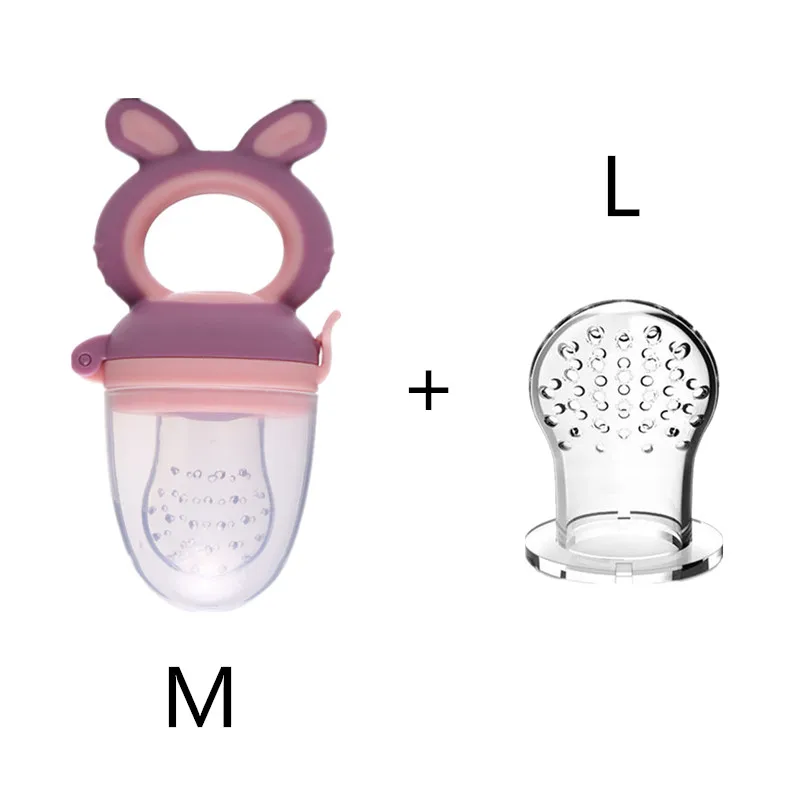 ) However, it's kind of a scary proposition to feed your child something totally new, especially with all the warnings against feeding too early. But what about feeding too late? There are possible repercussions and introducing solids too late can affect your baby later in life.
) However, it's kind of a scary proposition to feed your child something totally new, especially with all the warnings against feeding too early. But what about feeding too late? There are possible repercussions and introducing solids too late can affect your baby later in life.
Deciding when and how to feed your child solid food is a big decision for parents. There's so much cultural influence, as well as what you're being told by the American Academy of Pediatrics (AAP) and your own pediatrician. While there's a ton of research that's not only well documented but also highly publicized on the possible perils of feeding your baby solid foods too early, there's much less on what could happen to your child if you feed your baby too late. As it turns out, there are myriad risks to introducing solid foods too late ranging from stunted growth, as per the The Maternal and Child Health Journal, to putting your child at greater risk for childhood leukemia, as noted by the American Association for Cancer Research.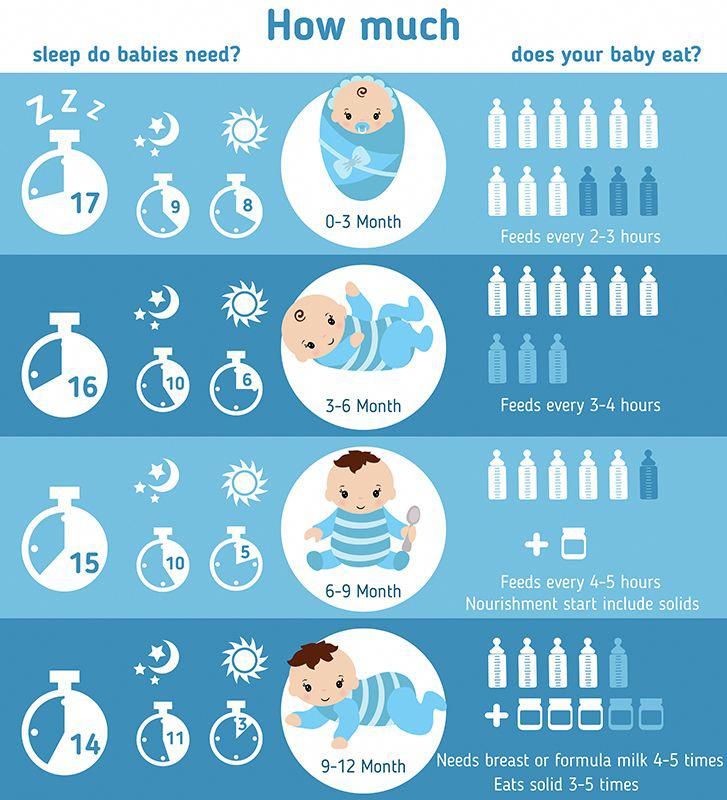
It sounds dire, but it's good to know there's a sweet spot to start feeding your child solid foods to alleviate a lot of the worry. According to the AAP, it's between 6 and 7 months old, when your baby can sit on their own with good head control.
When I went to introduce solids to my son more than nine years ago, I was met with a surfeit of advice from well meaning family. I heard everything from how they thought I should add rice cereal to my son's bottle at 3 months (The AAP warns strongly against this practice, by the way), to how I should feed my baby puréed pears from a spoon when he wasn't yet 6 months old. It was really hard to go against all of these women whom I'd known to have raised intelligent, strong children — myself being one of them, but the literature of my time cautioned against the practices.
When I started my son on solid foods around 6 months of age, I was once again confronted by well meaning women who told me my son didn't need food yet.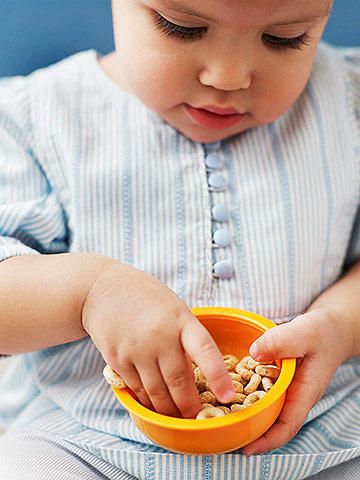 He was breastfed, right? Well, that's obviously all he needed right then by their estimation. But I was resolved, so in went the rice cereal and avocado. I had no idea if waiting was good or bad, just that I was ready for my boobs to have a bit of a reprieve.
He was breastfed, right? Well, that's obviously all he needed right then by their estimation. But I was resolved, so in went the rice cereal and avocado. I had no idea if waiting was good or bad, just that I was ready for my boobs to have a bit of a reprieve.
Introducing solids too late can affect your baby later in life by robbing them of precious vitamins and minerals that feed their bodies during a period of explosive growth, thereby slowing the process and stunting their natural pattern, found a 2011 French study. Also, delaying your child's introduction to solid foods (after 8 months of age) can have a profound effect on their oral motor-sensory skills, according to the Mayo Clinic. The sensory and motor skills needed to eat and speak are learned in the early processes of chewing and swallowing, and limiting this experience can inhibit their ability to learn.
Admittedly, the scariest risk of delaying foods is the possible correlation of delayed oral nutrition beyond breast or formula and lymphoblastic leukemia, which was first identified by a quantitative analysis completed at the Texas Children's Cancer Center.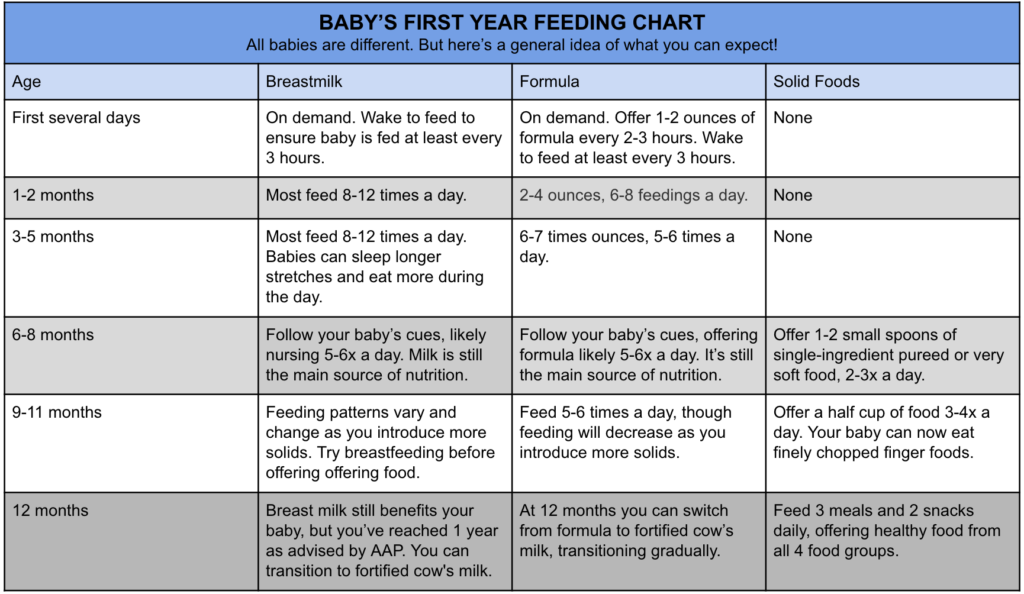 The study found: "These results support our published findings that later introduction to solids is positively associated" with all cases of confirmed late feeding and incidence of cancer. But this data should be taken with a grain of salt. It was an extremely limited group with minimal research of exterior metadata, and the only reason I'm listing it is that it's one of the first risks that pop up when you Google "risks of starting solids late."
The study found: "These results support our published findings that later introduction to solids is positively associated" with all cases of confirmed late feeding and incidence of cancer. But this data should be taken with a grain of salt. It was an extremely limited group with minimal research of exterior metadata, and the only reason I'm listing it is that it's one of the first risks that pop up when you Google "risks of starting solids late."
The biggest, most tangible concern is of delayed growth. Thankfully, as per the AAP, babies don't actually need a lot of solid foods at 6 months old. A few tablespoons per day of iron-rich foods is about all they need. It's just enough to meet their growing nutritional needs and allow them to learn to eat. Plus it's just really fun to watch.
Check out Romper's new video series, Bearing The Motherload, where disagreeing parents from different sides of an issue sit down with a mediator and talk about how to support (and not judge) each other’s parenting perspectives. New episodes air Mondays on Facebook.
New episodes air Mondays on Facebook.
Breastfeeding | Tervisliku toitumise informatsioon
According to the Nordic Nutrition Guidelines based on research and advice from the WHO, only breast milk is the optimal nutrition for the first six months of a child's life.
A healthy child does not need any other fluids or supplements.
An exception is vitamin D, which pediatricians recommend giving as a fat-soluble supplement from the second week of life for the first two years at 10 micrograms (5 drops, or 500 IU) per day to ensure better skeletal development during a period of rapid growth. If a breastfeeding mother is a vegan or vegetarian, she should ensure that her baby is getting enough vitamin B12 to avoid deficiency.
From the second half of the year, continuing breastfeeding, you should gradually begin to give solid food even if the child grows well and on milk alone. A gradual transition to family food should begin at the end of the first year of life. A one-year-old child should receive half of the energy from breast milk, half from spoon-feeding, mainly vegetables and fruits, cereals and meat. You can continue breastfeeding as long as it is comfortable for both mother and baby.
A one-year-old child should receive half of the energy from breast milk, half from spoon-feeding, mainly vegetables and fruits, cereals and meat. You can continue breastfeeding as long as it is comfortable for both mother and baby.
Nature is an amazing creator of food for a baby.
The mother's breast produces just the right product for a rapidly growing and developing baby. Breastfeeding soothes the baby, promotes the development of his oral cavity and the formation of bite. Breast milk is always at the right temperature, always clean and cheap. Feeding does not require any aids, you can feed your baby almost anywhere. All components of breast milk are easily absorbed and accepted by the baby and support its overall development. Breast milk is rich in nutrients and bioactive compounds such as vitamins, minerals, fatty acids, and immune factors that have been shown to be beneficial to human health. Breast milk differs during one feed, during the day, in summer and winter, and constantly changes with the age of the child.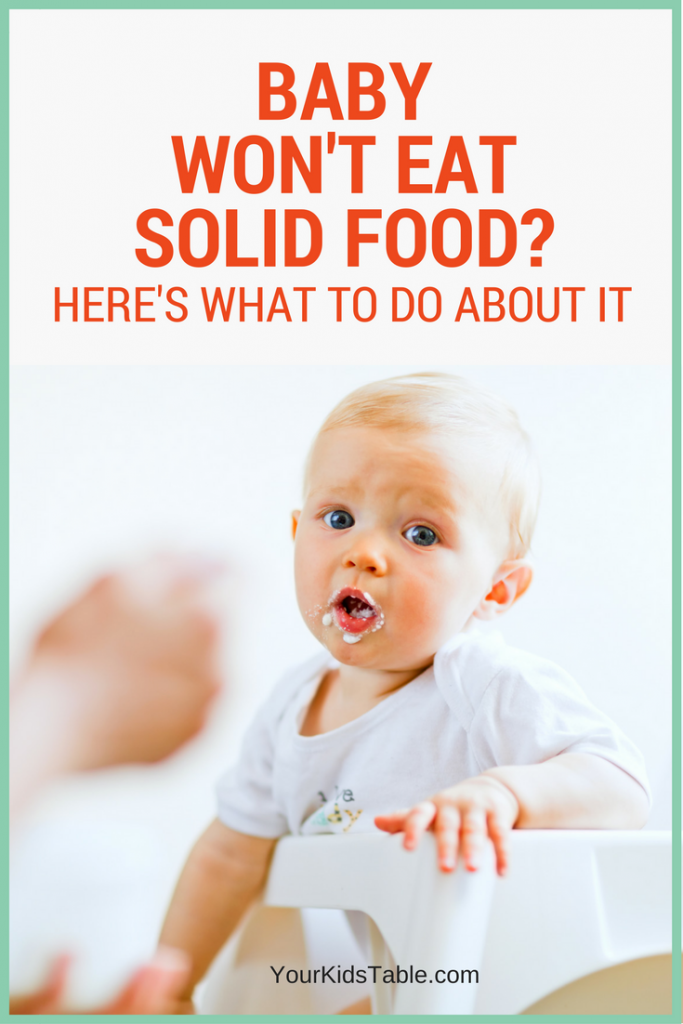
There is strong evidence that breastfeeding protects against overweight and many infections (ear, respiratory and digestive tract infections) in infancy and early childhood. Breast milk contains many protective factors that are thought to have an immunological effect for several years after breastfeeding has ended. Breastfeeding is likely to have a positive effect on a child's IQ and cognitive development, and this effect is related to the duration of breastfeeding. It is also considered likely that breastfeeding has a protective role against celiac disease if, even when the child receives breast milk, small amounts of gluten-containing foods are given to him. Comparing breastfed versus non-breastfed infants suggests a protective effect of breastmilk against type 1 and type 2 diabetes. There are indications that breastfeeding may reduce the risk of overweight and cardiovascular disease in adulthood.
Since breastfeeding is part of the normal postnatal process, it is also ideal for women.
Feeding promotes faster uterine contraction and postpartum recovery.
When normal nutrition is continued, body weight decreases faster after pregnancy, since the body of a woman additionally spends more than 500 kcal on the production of breast milk. Certain foods (nuts, halva), as a rule, do not lead to an increase in the amount of breast milk, but only contribute to weight gain.
The amount of breast milk does not depend on the amount of food consumed by the mother. It depends on the frequency of breast emptying, the duration of feeding and the effectiveness of the sucking technique of the child. Pregnant women should not be without food for more than 12 hours. Otherwise, ketone bodies are formed in the blood, which are dangerous for the fetal brain. The situation can threaten the life of the fetus if the mother has not eaten for more than 20 hours.
Breastfeeding is an energy intensive process and many breastfeeding mothers are encouraged to increase their energy intake.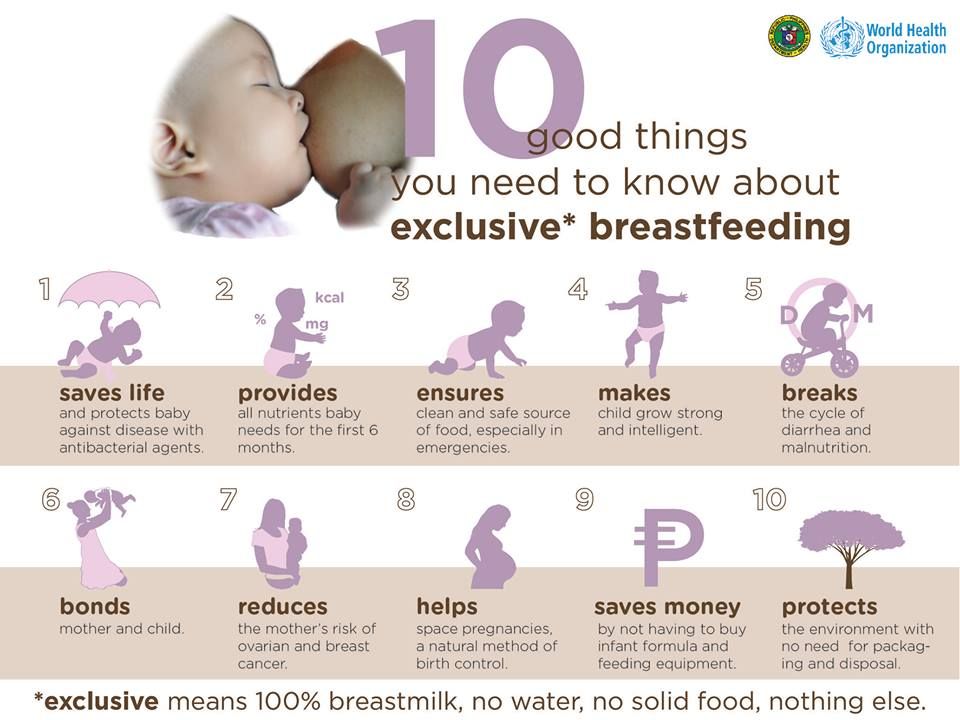 However, in the case of a positive energy balance and low physical activity, there is a risk of overweight during the feeding period. To avoid postpartum weight gain, it is recommended to increase physical activity rather than decrease it during the feeding period. Nursing mothers have a lower risk of developing breast and uterine cancer at a young age, and the risk of osteoporosis later in life also decreases. During the feeding period, it is recommended to consume amounts of liquid proportional to the amount of milk produced. The amount of 750 ml of breast milk during the first six months increases the need for fluid in a nursing mother by about 600-700 ml per day.
However, in the case of a positive energy balance and low physical activity, there is a risk of overweight during the feeding period. To avoid postpartum weight gain, it is recommended to increase physical activity rather than decrease it during the feeding period. Nursing mothers have a lower risk of developing breast and uterine cancer at a young age, and the risk of osteoporosis later in life also decreases. During the feeding period, it is recommended to consume amounts of liquid proportional to the amount of milk produced. The amount of 750 ml of breast milk during the first six months increases the need for fluid in a nursing mother by about 600-700 ml per day.
Feeding creates a particularly close relationship with the baby, nighttime feedings are more comfortable, and studies show that breastfeeding mothers are less likely to experience postpartum depression.
98% of women can breastfeed, however, according to Estonian statistics, only 40% of our children receive breast milk at the age of 6 months.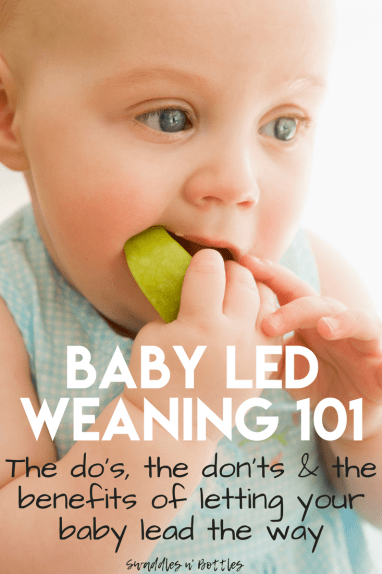 Many common myths about breast milk and breastfeeding can also prevent successful feeding.
Many common myths about breast milk and breastfeeding can also prevent successful feeding.
Golden rules for feeding:
- The whole body is turned towards the mother, the mother supports the child behind the back (not behind the head!), pressing his stomach tightly to her own, maintaining closeness.
- Before taking the breast, the baby's nose is at the nipple.
- The child's jaw and nose are pressed against the chest, the lower lip is turned down, the cheeks are puffed out.
- Sucking alternates with swallowing.
- If the mother is sitting while breastfeeding, the baby should be on a cushion so that the mother can sit as freely and relaxed as possible, with a straight back, leaning on something, neck and shoulders relaxed.
- The child asks for breasts at least eight times a day and calms down after feeding.
- Every day the child urinates profusely and in the first month of life begins to poop at least once a day.
- Monthly weight gain of the child is at least 500-600 grams, the child grows in length, and every month his head circumference increases.
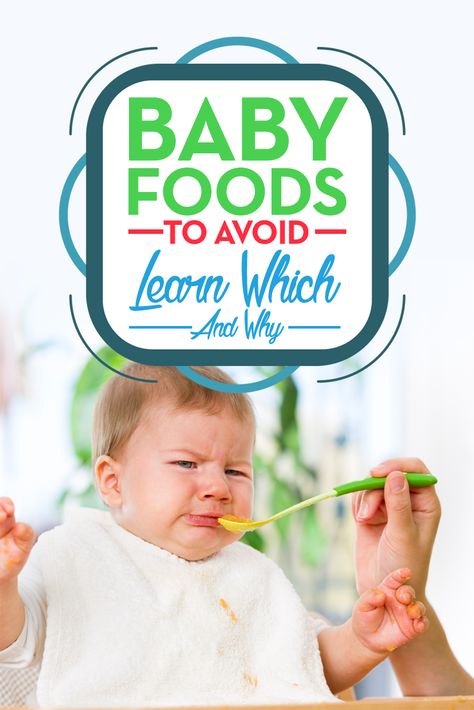
Sometimes breastfeeding may be contraindicated for health reasons of the mother or child. Then, during the first year of life, the child should be given milk mixtures and make sure that they are prepared in strict accordance with the instructions on the package. It is impossible to give cow's milk to a baby in the first year of life.
Do not breastfeed if:
- Baby has a rare metabolic disorder - galactosemia,
- The mother has a dangerous infectious disease: HIV, AIDS or acute incurable tuberculosis,
- The mother must take medicines that pass into milk - for example , anti-cancer, lithium, ergotamine, methotrexate, tranquilizers or sleeping pills,
- Mother is addicted to drugs.
Feeding may be difficult if:
- Women has a rare lack of glandular tissue or damage to the nerves of the nipple due to trauma or surgery that change the taste of breast milk, can reduce the amount and cause anxiety in the baby,
- The baby has health problems (cleft lip or palate, Down's syndrome, serious heart disease),
- The child has a very severe allergy.
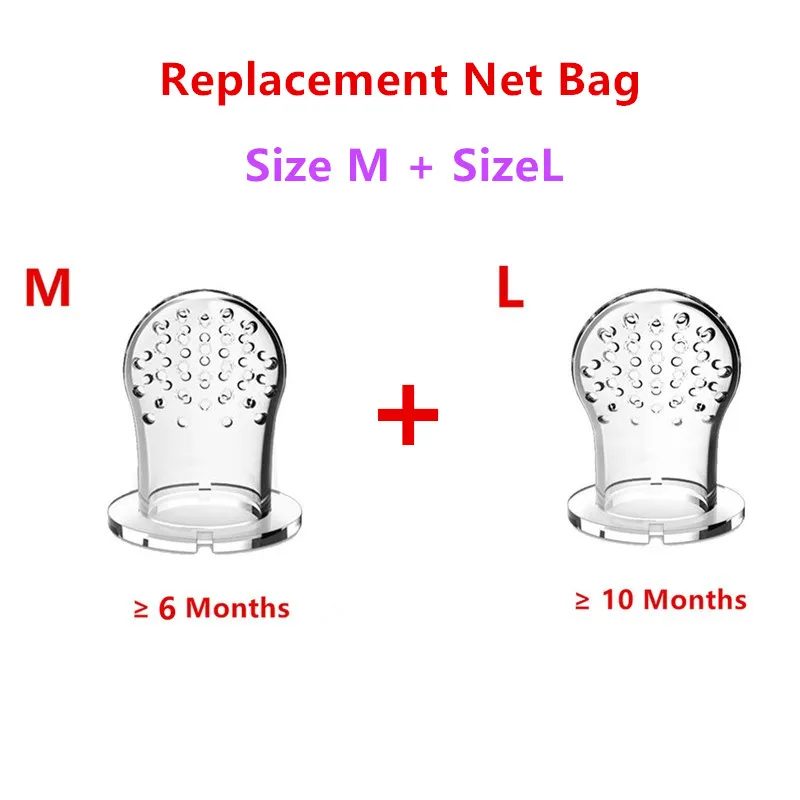
In case of problems, contact your midwife or family doctor. In maternity hospitals, you can get help with consultations on feeding, you can also consult by phone.
Ida-Tallinn Central Hospital Breastfeeding Advice Center open on weekdays from 10:00 to 14:00, telephone 6207453 or 53041783
Tel.0082 – 666 5829
SM-Doctor pediatrician about the age until which a child should be breastfed
Some new mothers try to do this as early as possible. Others continue to put the baby to the breast at 4 and 5 years. Play their role and "national" features. For example, in the UK, only a third of babies in their six months still receive mother's milk, while the rest are transferred to formula. And in the UAE, the law prescribes to breastfeed children up to two years, otherwise you can get severe punishment.
In fact, it is on the number “two years” that most doctors around the world agree. It is believed that after this age, mother's milk no longer brings additional health benefits. Is it so? we deal with experts.
Tatyana Kuznetsova
TATYANA KUZNETSOVA
pediatrician, nephrologist, breastfeeding consultant at the SM-Doctor clinic.
On the recommendation of the World Health Organization and the UN Children's Fund, it is desirable to maintain breastfeeding up to 2 years, longer - at the mutual desire of the mother and child. Domestic pediatricians, based on practical experience and scientific research, voice the figure up to 1.5 years.
It is now not uncommon to see mothers who breastfeed their children after two years of age. Such prolonged breastfeeding is commonly referred to as long-term feeding.
In any case, after 2.5 years, the child goes through the process of natural extinction of the sucking reflex, there is a gradual self-weaning and, thus, the smooth completion of breastfeeding.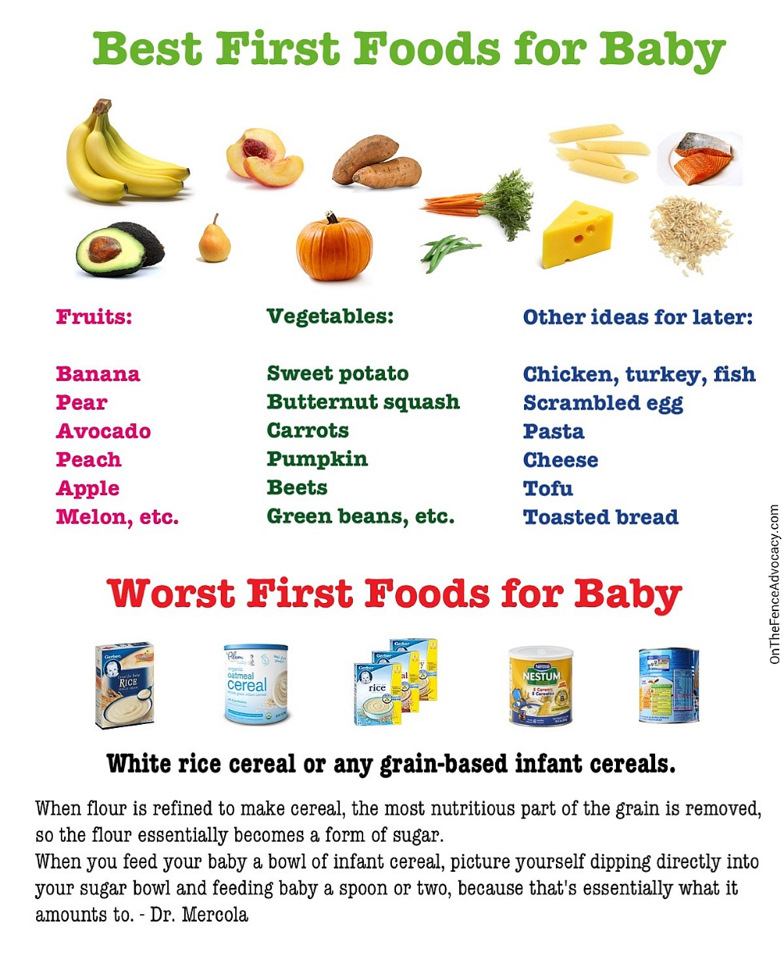
Regardless of the recommendations, the choice always remains with the mother. And the duration of breastfeeding will depend, first of all, on the readiness of both the mother and the child to stop this process.
How does early weaning threaten a child's health?
Breast milk substitutes do not contain anti-infectious factors, so an artificially fed baby is more likely to get intestinal infections and respiratory diseases. These include frequent acute respiratory viral infections, otitis media, bronchitis, pneumonia, intestinal infections (usually of a viral nature) with prolonged diarrhea, fungal intestinal diseases, as well as a formidable life-threatening condition - necrotizing enterocolitis of newborns.
Quite often in children on mixtures, intolerance to animal milk proteins (bovine, goat) develops with the development of allergic reactions, in particular, food allergies in the form of atopic dermatitis. Unfortunately, in the future such children are at risk for the development of allergic bronchitis, bronchial asthma.
Artificial feeding increases the risk of developing diabetes mellitus, as well as obesity associated with excess formula intake that exceeds the needs of the child. Perhaps the development of seizures due to excess content in mixtures of sodium, calcium, phosphorus.
Infants receiving artificial formula may have reduced intellectual development due to a lack of amino acids, omega fatty acids, which are necessary for the growing brain of a child.
In addition, according to some studies, not breastfeeding increases the risk of sudden infant death syndrome.
And what are the disadvantages of late weaning?
Not only abroad, but also in Russia, there are many studies that have proven the benefits of mother's milk at any time of feeding. After a year, breast milk changes its composition, but not for the worse.
The main reason for these changes is that milk is no longer the main food for the baby, and other functions come to the fore.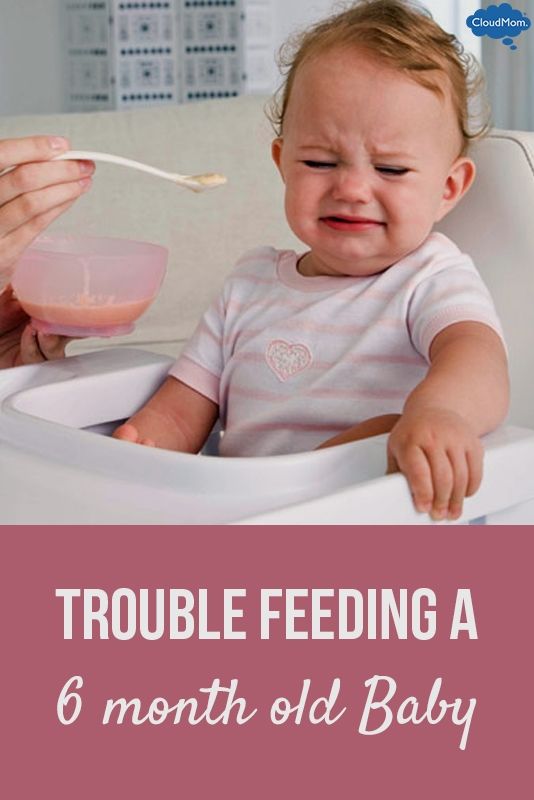
The older the child becomes, the greater the concentration of immunoglobulins in milk increases, which protect the child from infectious diseases. Breast milk contains leukocytes and a number of anti-infectious factors, as well as antibodies against infectious agents previously transferred by the mother.
How does breastfeeding affect the child's psyche?
Today it is becoming very fashionable to instill early independence in children, and premature weaning is seen by some parents as a means to make the child more independent.
However, psychologists who are closely involved in the study of child development warn that premature weaning can, on the contrary, provoke a delay in emotional development and increase dependence on parents. Imposed independence turns into psychological isolation and abandonment. It is much better to give the child the opportunity to become independent when he is ready for it.
This is well illustrated by the results of foreign studies: for example, one of them showed that the greatest achievements in school were in children who were fed longer. And in the course of another, they found that the longer a child breastfeeds, the better social adaptation goes later, at the age of six to eight. Both mothers and teachers acknowledged that babies who were breastfed for a long time were much less likely to develop problem behaviors.
And in the course of another, they found that the longer a child breastfeeds, the better social adaptation goes later, at the age of six to eight. Both mothers and teachers acknowledged that babies who were breastfed for a long time were much less likely to develop problem behaviors.
Yes, and Russian doctors, who undertook to study the effect of breastfeeding on the neuropsychic development of children, found that babies who ate their mother's milk for a long time show much better results both at two years, in tests of speech development, and at three years , in tests of the correct performance of skills.
Many long-term mothers successfully combine feeding with work, and also take their children to kindergartens. Applications remain only at bedtime and at night. The rest of the time, the baby usually does not need to breastfeed. Ideally, the child should stop asking for breasts during the day, and then at bedtime and at night. As a rule, this happens about 2. 5 - 3 years.
5 - 3 years.
But if the child continues to breastfeed after 3.5 years, this may indicate some psychological problems of the baby or mother, in this case it is advisable to contact a psychologist, but not an ordinary one, but a friendly one for long-term feeding.
What if I can't breastfeed?
Sergey Butriy
SERGEY BUTRIY
Pediatrician, author of books on child health
A well-known doctor spoke about this in a podcast for Cuprum.
- One of the most "explosive" topics in the pediatrician's office after vaccinations is breastfeeding. Now it's fashionable to be for GW. Of course, formula is not quite the same as breast milk. There is only one "but".
Mothers who fail to breastfeed for health reasons experience a tremendous sense of guilt. They are pressed by society, other mothers, breastfeeding consultants. Many become depressed because of this, trying to feed through physical pain.